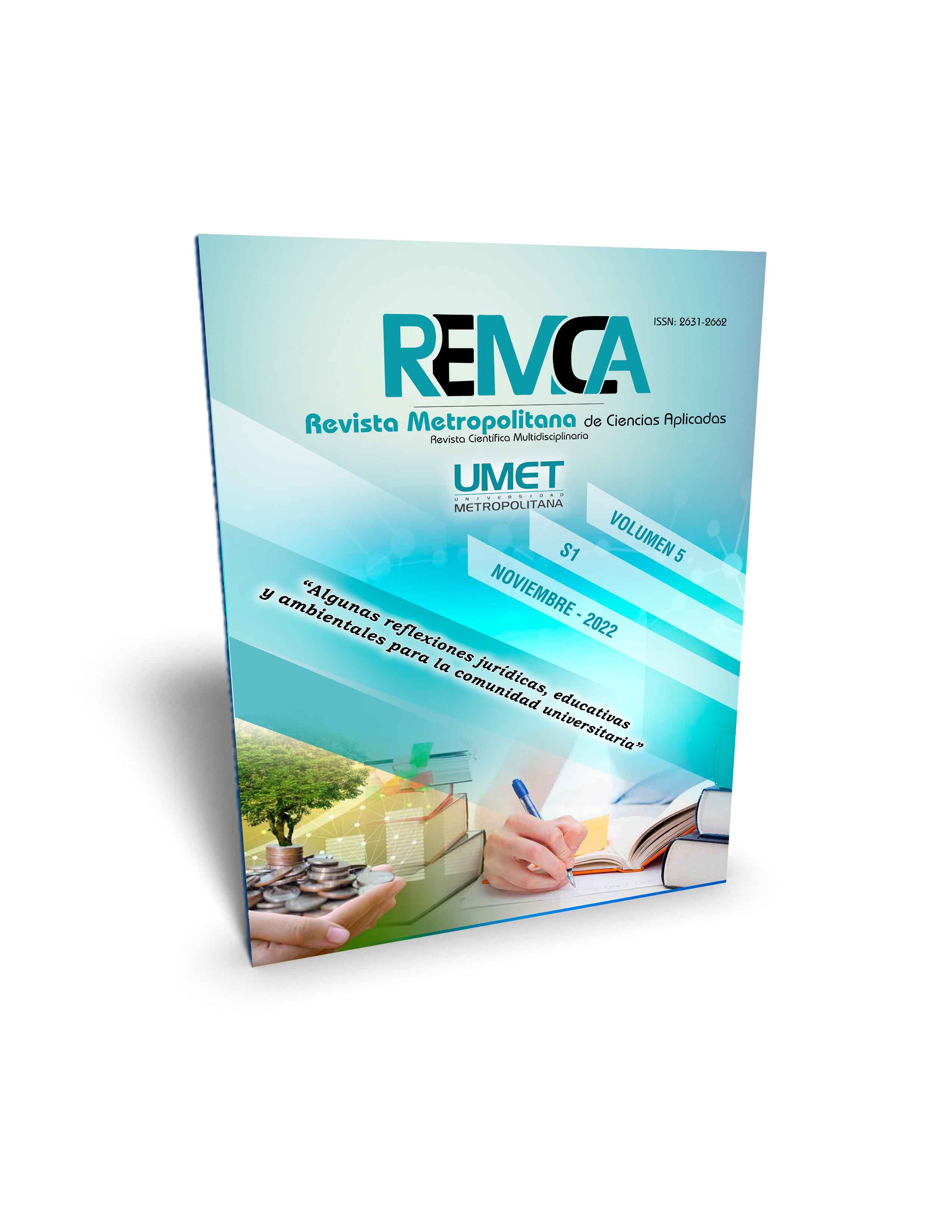Analysis of didactic situations as psychological instruments to learn to read and write in primary school
DOI:
https://doi.org/10.62452/jfv2q026Keywords:
Reading, writing, basic educationAbstract
In this article, a qualitative analysis is made of formal and informal educational situations that function as psychological instruments from a Vygostskian perspective, which benefits from learning reading comprehension and written composition, in a group of 9 primary school students from a private school in the city of Pachuca de Soto, Hidalgo through semi-structured interviews and participant observation. The results show the importance of favoring informal educational situations in addition to maintaining the formal ones, since the context, environment and informal educational agents such as parents can favor these skills, mainly in contexts as complex and challenging as those that the pandemic has represented by Covid-19.
Downloads
References
Casaseca, S. (2004). El aprendizaje cooperativo de la comprensión lectora. Ediciones Aljibe.
Ferreiro, E. (1997). Alfabetización Teoría y Práctica. Siglo XXI.
Garton, A., & Pratt, C. (1991). Aprendizaje y proceso de alfabetización. El desarrollo del lenguaje hablado y escrito. Paidós.
Hernández Sampieri, R., Fernández, C., & Baptista, P. (2014). Metodología de la Investigación. (6ta. Ed.). Mc Graw-Hill.
Kozulin, A. (1990). La psicología de Vygotsky. Alianza.
Martín, R. B. (2013). Contextos de Aprendizaje: formales, no formales e informales. Ikastorratza, e-Revista de didáctica, 12.
Meece, J. (2000). Desarrollo del niño y del adolescente. Mc Graw Hill.
Morales, R. (2002). Análisis del papel de la familia en el ámbito de la educación formal e informal de niños y niñas de educación primaria. (Tesis de grado). Universidad Pedagógica Nacional.
Olmos, A., & Carrillo, A. (2009). Juego y Alfabetización. Miguel Ángel Porrúa.
Organización de las Naciones Unidas para la Educación, la Ciencia y la Cultura. (2018). Alfabetización y desarrollo de competencias. UNESCO. https://unesdoc.unesco.org/ark:/48223/pf0000265546_spa
Organización de las Naciones Unidas. (2018). La Agenda 2030 y los Objetivos de Desarrollo Sostenible: una oportunidad para América Latina y el Caribe (LC/G.2681-P/Rev.3). ONU. https://repositorio.cepal.org/bitstream/handle/11362/40155/24/S1801141_es.pdf
Payer, M. (2005). Teoría del constructivismo social de Lev Vygotsky en comparación con la teoría Jean Piaget. Universidad Central de Venezuela.
Rodríguez, A. (2007). Definiendo la lectura, el alfabetismo y otros conceptos relacionados. Investigación bibliotecológica, 21(42), 143-175.
Solé, I., & Teberosky, A. (2014). La enseñanza y aprendizaje de la alfabetización: una perspectiva psicológica. En, C. Coll, J. Palacios y A. Marchesi (Comps.), Desarrollo psicológico y educación. (pp. 461-486). Editorial Alianza.
Stranges, A. (2016). Inclusión educativa: la importancia de saber leer y escribir . Letras. 31-35. http://sedici.unlp.edu.ar/bitstream/handle/10915/53908/Documento_completo.pdf-PDFA.pdf?sequence=1
Downloads
Published
Issue
Section
License
Copyright (c) 2022 Betsabé Martínez Corona, Javier Moreno Tapiaa (Autor/a)

This work is licensed under a Creative Commons Attribution-NonCommercial-ShareAlike 4.0 International License.
Authors who publish in Revista Metropolitana de Ciencias Aplicadas (REMCA), agree to the following terms:
1. Copyright
Authors retain unrestricted copyright to their work. Authors grant the journal the right of first publication. To this end, they assign the journal non-exclusive exploitation rights (reproduction, distribution, public communication, and transformation). Authors may enter into additional agreements for the non-exclusive distribution of the version of the work published in the journal, provided that acknowledgment of its initial publication in this journal is given.
© The authors.
2. License
The articles are published in the journal under the Creative Commons Attribution-NonCommercial-ShareAlike 4.0 International License (CC BY-NC-SA 4.0). The terms can be found at: https://creativecommons.org/licenses/by-nc-sa/4.0/deed.en
This license allows:
- Sharing: Copying and redistributing the material in any medium or format.
- Adapting: Remixing, transforming, and building upon the material.
Under the following terms:
- Attribution: You must give appropriate credit, provide a link to the license, and indicate if any changes were made. You may do this in any reasonable manner, but not in any way that suggests the licensor endorses or sponsors your use.
- NonCommercial: You may not use the material for commercial purposes.
- ShareAlike: If you remix, transform, or build upon the material, you must distribute your creation under the same license as the original work.
There are no additional restrictions. You may not apply legal terms or technological measures that legally restrict others from doing anything the license permits.




